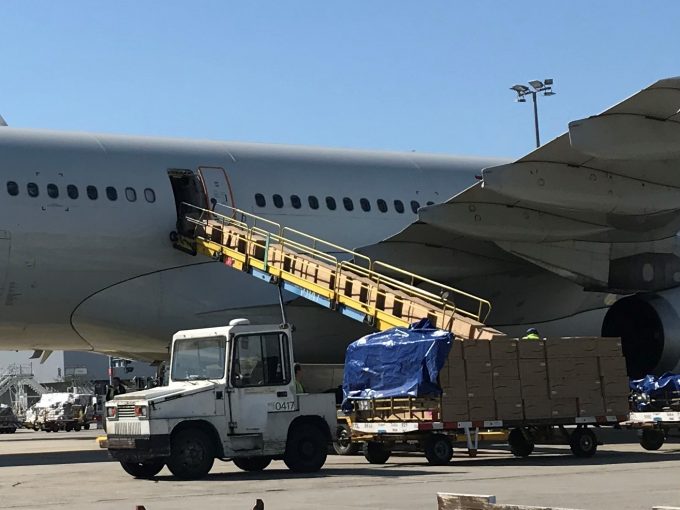Lufthansa Cargo suspends Tel Aviv services after missile attack
Lufthansa Cargo has suspended its services into Ben Gurion Airport, following rocket attacks against Israel’s ...

Frankfurt airport operator Fraport has unveiled further details of its planned job cuts, acknowledging that 90% of its staff have had their hours cut since the end of March.
On average, working hours have been cut by some 60%, although some areas have seen a 100% ...
Keep our news independent, by supporting The Loadstar
Red Sea crisis has driven most new capacity into extended Asia-Europe trades
Carrier price hikes hold, driving spot rates higher as space gets scarcer
Crew forced to abandon ship in latest fire on vessel carrying EVs
The Loadstar Podcast | Transport Logistic and Air Cargo Europe 2025
Carriers on the hunt for open tonnage again as transpacific rates soar
'Now or never' for Kuehne and DHL GF to hit back at DSV
Explosions and 'out-of-control' fire reported on Wan Hai box ship

Comment on this article